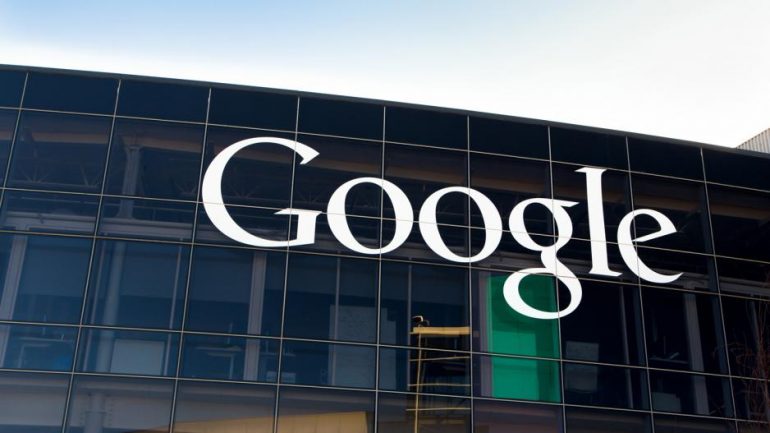Acknowledging that protection against cyber piracy is a priority for all, the conference entitled "Infringement of Intellectual Property Rights on the Internet" closed. Developments in Greece & European Union "organized today by Google and the Intellectual Property Organization, in Aigli Zappeiou. The University of Nicosia and the International University of Greece participated in the conference.
The conference was addressed by lawyers, representatives of the intellectual world, artists, and representatives of two of the giants of the internet at the moment, Google and Facebook.
After reporting on the countless cases of internet piracy, which are increasing rapidly worldwide, most speakers focused on what needs to be done here and now.
A Google spokeswoman noted that all of the company's efforts are focused on combating piracy by presenting the company's products, which, according to J. Bernal, will provide solutions accessible to the public. He also stressed that Google will immediately remove anything related to pirated - illegal material from its search engine. Speaking about her corporate "little brother" YouTube, on which 400 hours of material are "uploaded" every minute, the Google representative noted that despite the huge amount of data that needs to be analyzed, the company's policy on illegal content is relentless. , resulting in the closure of even entire transmission channels in case they do not have the necessary license.
A priority for Facebook is also the fight against illegal material aimed at the safety of its users, said the media representative. Regarding the famous algorithm, which brings users only material that they are interested in, Ms. Bononcini (L. Bononcini), noted that this is a security policy of the company to protect its users, but she also stressed that users who do not respect and do not comply with Facebook security policy will be automatically deleted.
According to an EU Community directive that has been in force since 2014, there is a regulation for multi-territorial licenses for online uses. The directive, however, only applies to legally licensed musical works, with the exception of related rights. In an area where the internet now occupies everything, it is clear that such instructions must be taken for all intellectual property. It focused on most of the interventions of the third and final panel of the conference, in which artists, publishers and legal representatives of content providers spoke about the requirement of an institutional framework by the State that would safeguard intellectual property.
